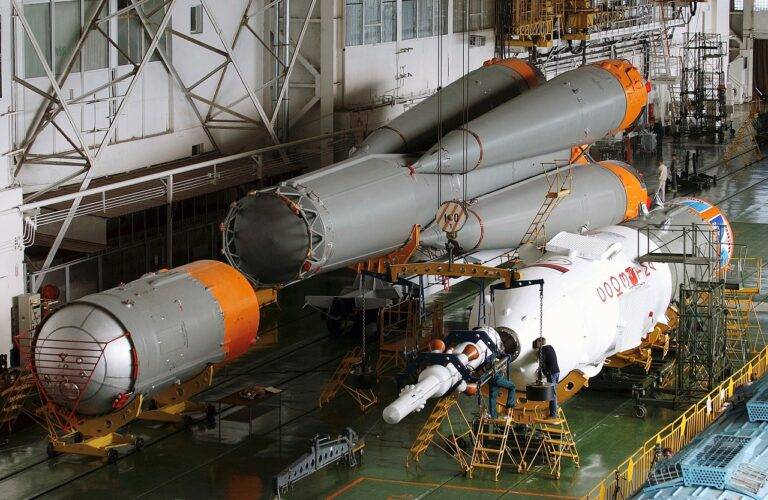Tech Solutions for Improving Agricultural Productivity
Agricultural productivity faces various hurdles that impede the smooth functioning of the sector. One significant challenge is the impact of climate change, leading to unpredictable weather patterns and extreme conditions that disrupt crop growth. Farmers must constantly adapt to these changing conditions, affecting their yields and overall production.
Furthermore, limited access to modern farming techniques and technologies hinders the potential for higher productivity in agriculture. Small-scale farmers, in particular, often lack the resources and knowledge to implement innovative practices that could enhance their efficiency and output. This technological gap widens the disparities in productivity between large commercial farms and smaller, resource-constrained operations.
The Role of Technology in Agriculture
Technology plays a crucial role in modernizing and improving agricultural practices. From advanced machinery to sophisticated data analytics tools, technology has revolutionized the way farmers plan, manage, and monitor their operations. These technological advancements have enabled farmers to increase efficiency, optimize resource utilization, and enhance overall productivity within the agricultural sector.
Moreover, the integration of technology in agriculture has also led to sustainable practices that are environmentally friendly. Precision farming techniques, such as using GPS-guided systems for planting and irrigation, have helped minimize waste and reduce the environmental impact of traditional farming methods. As technology continues to evolve, farmers are increasingly utilizing innovative solutions to address the challenges they face in ensuring food security and meeting the growing global demand for agricultural products.
Implementing Precision Farming Techniques
Precision farming techniques are revolutionizing the way agriculture is practiced worldwide. By utilizing technology such as GPS, drones, and data analytics, farmers are able to optimize their resources and increase their yields. These techniques allow farmers to precisely monitor and manage variables such as soil conditions, irrigation levels, and crop health, leading to more efficient and sustainable farming practices.
One key aspect of implementing precision farming techniques is the collection and analysis of data. Farmers can gather detailed information about their fields, such as soil composition, moisture levels, and yield potential, which can help them make informed decisions about when and where to plant, fertilize, and irrigate. By harnessing the power of data analytics, farmers can fine-tune their operations and minimize waste, ultimately leading to higher productivity and profitability.





